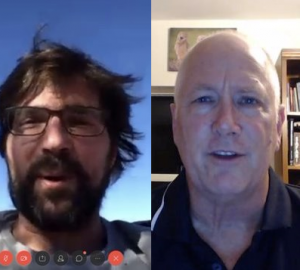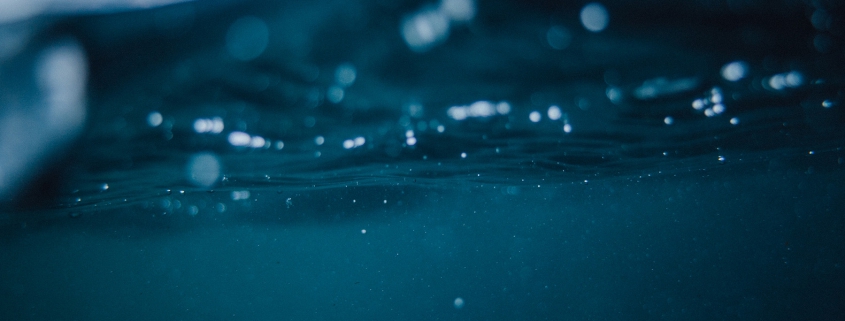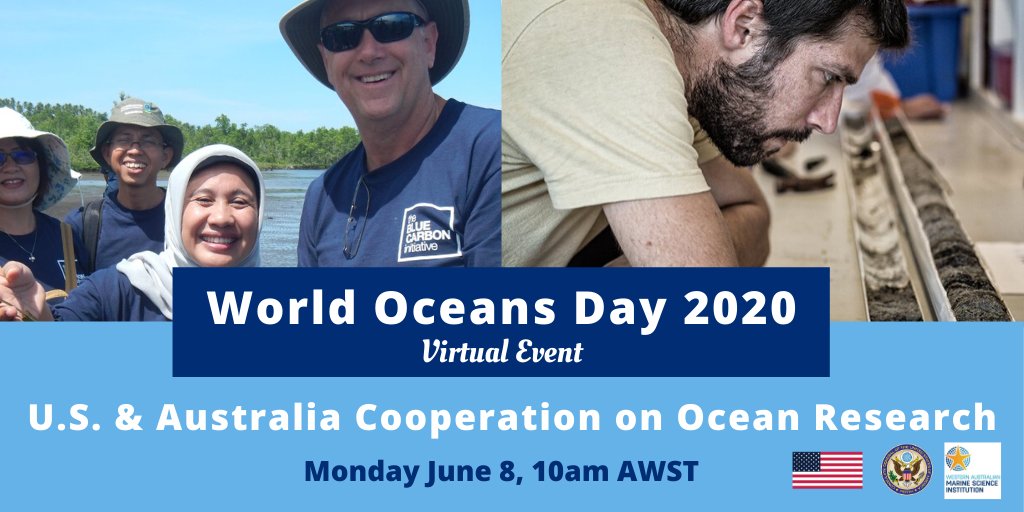Blue Carbon conversation celebrates World Oceans Day 2020

The United States Consulate General Perth in partnership with the Western Australian Marine Science Institution (WAMSI) celebrated World Oceans Day 2020 this week by hosting a virtual conversation with world-leading ocean scientists who have been at the forefront of collaborations between the U.S. and Australia on Blue Carbon research.
The conversation on Monday 8 June was moderated by U.S. Consul General David J. Gainer and featured :
- Professor James Fourqurean, Director of the Center for Coastal Oceans Research, Professor Biological Sciences, Institute of Environment, Florida International University
- Dr Oscar Serrano, Research Fellow, Centre for Marine Ecosystems Research, School of Science, Edith Cowan University
Click HERE to watch to the conversation
Background
Professor Jim Fourqurean and Dr Oscar Serrano played a crucial role in establishing successful collaborations between Australia and the United States in the field of Blue Carbon. As a direct result, they have published a number of papers in top scientific journals over the last decade, which have had significant impact in the research community and in the media.
Western Australia and the United States host some of the largest Blue Carbon ecosystems in the world. Both countries have great potential to mitigate climate change through the conservation and restoration of Blue Carbon ecosystems. Research partnerships between the two countries are instrumental to meet these targets.
Professor Jim Fourqurean
Professor Jim Fourqurean is a marine and estuarine ecologist with a special interest in benthic plant communities and nutrient biogeochemistry. He received his undergraduate and graduate training in the Department of Environmental Sciences at the University of Virginia, where he became familiar with the Chesapeake Bay and its benthic communities.
He developed a love of tropical ecosystems while doing his dissertation research in Florida Bay. After a post doc at San Francisco State studying planktonic processes in Tomales Bay, California, he was recruited to return to south Florida to join a new research group at the then-newest research university in the USA, Florida International University (FIU).
He has been at FIU since 1993, where he is now Professor of Biological Sciences and the Director of the Center for Coastal Oceans Research in the Institute for Water and Environment. Since 2011, he has also held an adjunct appointment at The University of Western Australia.
For the past three decades, his main research areas have been in the seagrass environments of south Florida, but he has also worked in coastal environments around the Gulf of Mexico, in Australia, Indonesia, Mexico, Panama, Bahamas, Bermuda, the United Arab Emirates and the western Mediterranean. He is the lead scientist and overall manager of FIU’s Aquarius Reef Base, the world’s only saturation diving habitat and laboratory for research, education and outreach.
His global leadership in coastal oceans research was recently recognised when he was elected President of the Coastal and Estuarine Research Federation, the world’s leading body of scientists who study coastal issues.
Dr Oscar Serrano
Dr Oscar Serrano has over 15 years research experience in marine ecology and palaeoecology, chemistry and in marine biogeochemical cycles. After completing his PhD in 2011, he started working as a postdoctoral research fellow at Edith Cowan University and The University of Western Australia (from 2012 until present) in multi-institutional projects.
His research focuses on Blue Carbon and climate-human-landscape interactions during the Holocene, through the study of coastal environmental archives.
During the past ten years he has worked to establish an extensive international network that has supported his ongoing development on Blue Carbon research, including collaborators in Australia, the U.S. and Europe, and he has become internationally recognised as one of the leaders in Blue Carbon research.
Currently, Dr Serrano is assisting the Australian Government to include the carbon dioxide absorbed by Australian tidal marsh, mangrove and seagrass ecosystems in National Carbon Inventories and Nationally Determined Contributions towards meeting climate change agreements.


